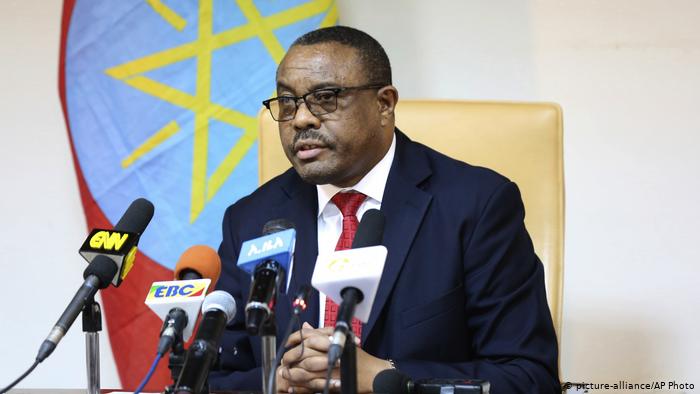News
We must act now to conserve African nature
We must rebrand Africa as “the conservation continent” to take full advantage of our core strength.

First published in Daily Maverick 168
Although Africa has contributed the least to climate change, it is already experiencing devastating climate impacts and will bear the brunt of future global warming in terms of agricultural losses.
Africa is projected to experience a reduction of 10% in crop production and as much as an 80% reduction in cropping areas by 2050. Water shortages are expected to become widespread on a continent that is home to 40% of the nearly 800 million people worldwide who lack access to clean water.
More than one-quarter of Africans spend more than half an hour on each trip to collect water, amounting to an estimated 40 billion hours annually, the same as a year's work by the French labour force. This water burden tends to fall on women and girls, interfering with school attendance.
Nearly two-thirds of Africans in urban areas find it hard to access basic water services and most of Africa's diseases are attributable to poor water quality.
The impacts of ecosystem degradation on biodiversity, land productivity and human well-being in Africa have affected more than 485 million people, already costing an estimated $9.3-billion annually.
Africa's political and business leaders should rise to the occasion and, with financial support from others, invest in nature- based solutions to protect the health and incomes of our populations.
The upfront cost of acting now is far less than the price to be paid for sitting idle. It is in our own interest to ensure Africa is the protected continent, differentiated from other fast-growing regions by a brand of ecological farsightedness and inclusive generational policy interests. It's the sort of action that, in 50 years, will see citizens praising today's leaders for their extraordinary foresight.
Without this long-term thinking, food and political insecurity could push more Africans to migrate, internally and from the region. This would have political impacts, as seen in the difficulties experienced in European states in accepting African and other refugees.
Investing in and expanding protected areas will contribute to healthier populations and reduced healthcare costs. Living adjacent to such areas has been shown to improve child health and survival rates, thanks to cleaner water and enhanced economic opportunities.
Robust ecosystems are associated with better outcomes for immune health, cardiovascular disease, mental health and hypertension — a prophylaxis in many ways that cuts spending on communicable, preventable diseases. There are huge potential carbon mitigation opportunities to be had by investing in nature.
Deforestation alone accounts for 8% of carbon emissions and expanding the protected- area system could greatly slow unregulated logging and clearing. Protecting and encouraging regrowth of secondary forests could be a powerful mechanism for promoting carbon sequestration — the long-term storage of CO₂ or other forms of carbon to mitigate or defer global warming.
What are the strategic choices made today that will ensure a better tomorrow? There are many tough decisions to be made in the aftermath of Covid-19.
By viewing this as an opportunity, it may be possible to use the pandemic to pivot Africa from its current development course and ensure growth in an economically and environmentally sustainable way.
A target such as the one outlined in the Waldron Report, which assesses the benefits of setting aside 30% of the world's land and sea mass for protection, could redefine Africa's passage towards a more sustainable solution. Simply setting out a target does not, of course, provide the answer. That demands detail: building the governance systems, policies, investment and expertise that can translate conservation into growth and jobs.
It also necessitates a different relationship between local populations in these areas, as has been managed with great success in promoting eco-tourism in the Eje Cafetero, or coffee region, in Colombia, and the same in Costa Rica.
The South African biosphere model offers one model where nature can coexist with commercial and social interests. Before Covid, few might have believed the scale of the threat posed by tampering with nature. The message today is clearer: act now to protect nature, and our future, and in so doing offer Africa a unique development opportunity.



